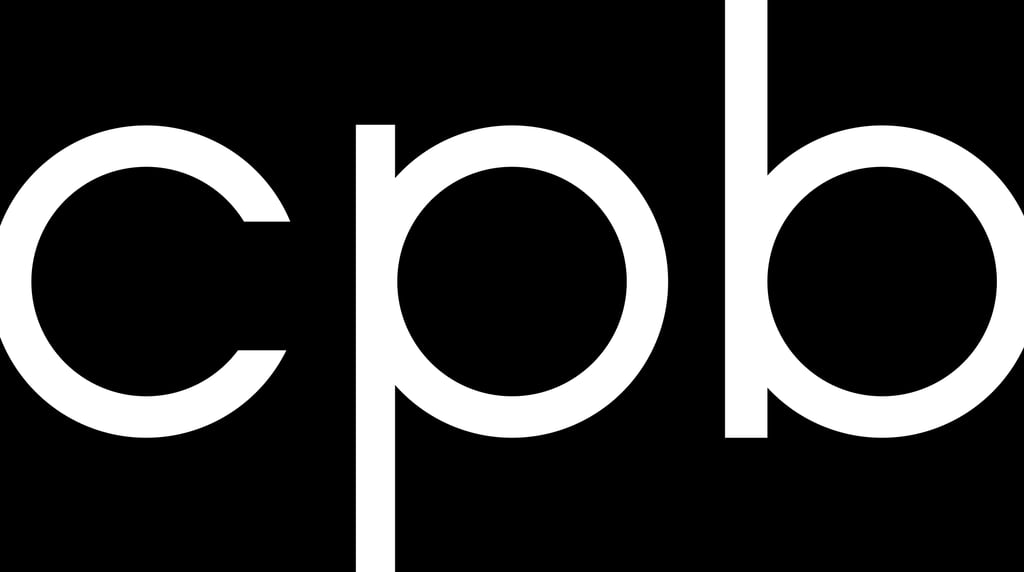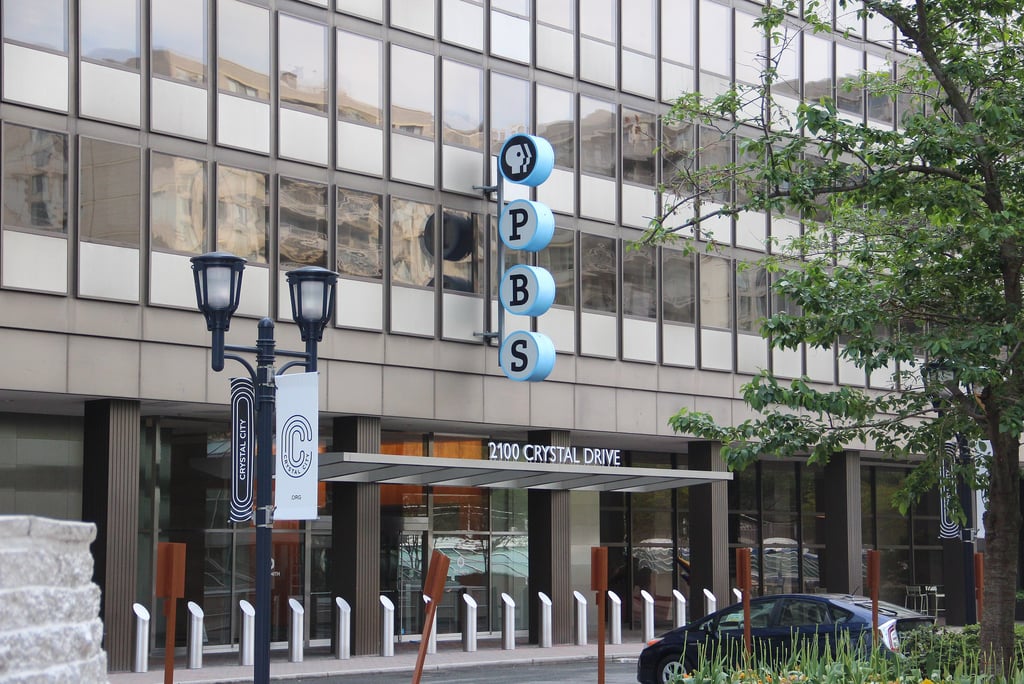Corporation for Public Broadcasting to Shut Down After Funding Cuts
The Corporation for Public Broadcasting (CPB) is set to close by early 2026 after Congress approved a $1.1 billion rollback in funding. The decision marks the end of an era for federally supported public media in the United States, including NPR and PBS.
8/2/20253 min read


CPB to Shut Down After Congress Strips $1.1 Billion in Funding
The Corporation for Public Broadcasting (CPB) has announced it will begin a formal wind-down of operations after nearly six decades of serving as the primary federal funding channel for public media in the United States.
The decision follows a contentious $9 billion rescissions package passed by Congress and signed into law by President Donald Trump, which included a $1.1 billion clawback of previously approved CPB funding. The move ends federal support for over 1,500 local public radio and television stations nationwide, as well as for national institutions like NPR and PBS.


Public Broadcasting Faces an Unprecedented Collapse
In a statement issued Friday, CPB President and CEO Patricia Harrison confirmed that the majority of staff roles would be eliminated by the end of the fiscal year on September 30, 2025. A small transition team will remain in place until January 2026 to manage legal, financial, and licensing obligations.
"Despite the extraordinary efforts of millions of Americans who called, wrote, and petitioned Congress to preserve federal funding for CPB, we now face the difficult reality of closing our operations,"Harrison said.
She added that CPB would fulfill its remaining fiduciary duties with transparency and support its partners through the transition.
A Landmark Blow to Local Media and Education
Founded in 1967, the CPB helped sustain trusted public media outlets, including NPR and PBS, and facilitated public access to educational programming, cultural storytelling, emergency broadcasts, and local news — especially in rural and underserved communities.
“Public media has been one of the most trusted institutions in American life, providing educational opportunity, emergency alerts, civil discourse, and cultural connection to every corner of the country,” Harrison noted.
NPR President Katherine Maher echoed that sentiment, warning that some member stations — particularly in rural areas — receive over 50% of their operating budgets from CPB funding and now face “severe financial strain or closure.”
Politics, Power, and a Push for Defunding
President Trump has repeatedly criticized public broadcasters for what he describes as political bias. In May, he signed an executive order to eliminate CPB funding. One month later, the House approved his request to rescind the $1.1 billion allocation. The Senate Appropriations Committee’s 2026 bill made the cuts permanent — the first time CPB has lost funding since its inception.
Earlier this year, Trump also dismissed three of CPB’s five board members, prompting the organization to file a lawsuit. That case was dropped the same day the CPB’s shutdown was announced.
While the administration and some Republican lawmakers celebrated the move, others — particularly those representing rural areas — expressed concern about the loss of essential services. Many of these communities rely heavily on public broadcasting for emergency information, local journalism, and educational content.


What Happens to NPR and PBS Now?
While the CPB’s closure signals a major disruption, flagship programs from NPR and PBS are not expected to disappear overnight. Both organizations have other revenue streams, including private donations, grants, and underwriting.
However, local affiliates are likely to feel the most acute impact. Station closures, layoffs, and reduced programming — particularly in smaller markets — appear inevitable unless alternate funding sources can be secured quickly.
“This isn’t just about losing a news outlet — it’s about losing the connective tissue that binds local communities to the national conversation,” said one station manager in Iowa, who asked to remain anonymous.
An Era Ends — What Comes Next?
The Corporation for Public Broadcasting’s quiet but crucial role in the American media ecosystem will officially come to a close in early 2026. As the dust settles, questions remain about how — or whether — the country can rebuild a unified public broadcasting system that continues to serve every American, regardless of geography or income.
For now, the message from CPB is clear: after nearly 60 years, public broadcasting is being defunded and dismantled — not by accident, but by design.
Image: White House
Credit: Corporation for Public Broadcasting (CPB)
Former PBS headquarters
CPB Logo
Connect
Connecting You to Global News
Explore
Support Orbital News
© Orbital News 2025. All rights reserved.